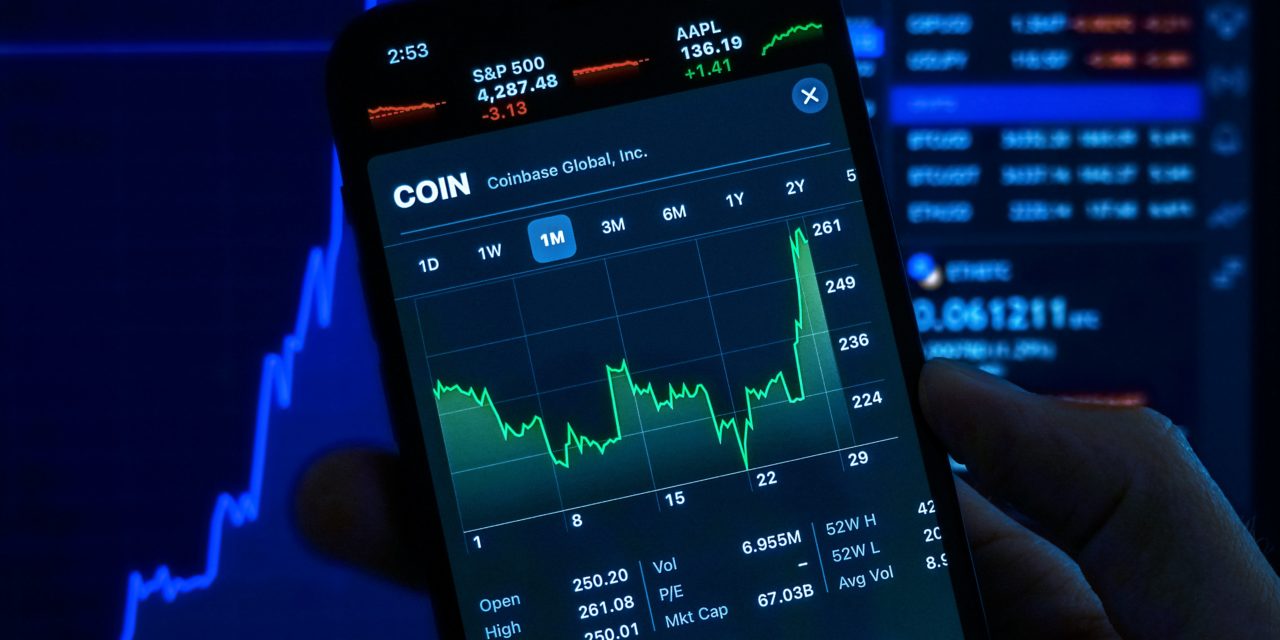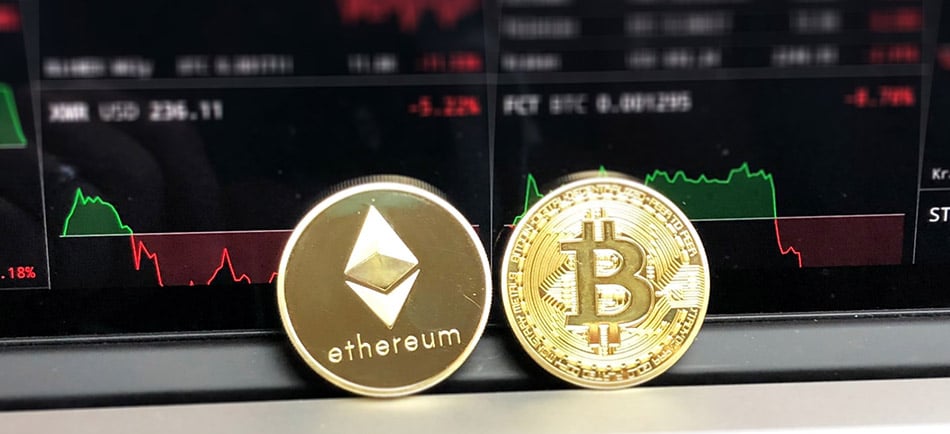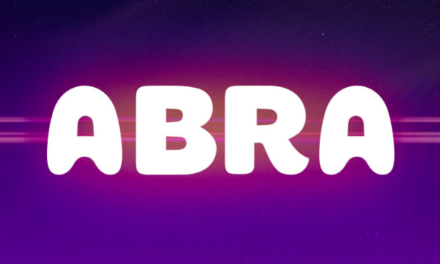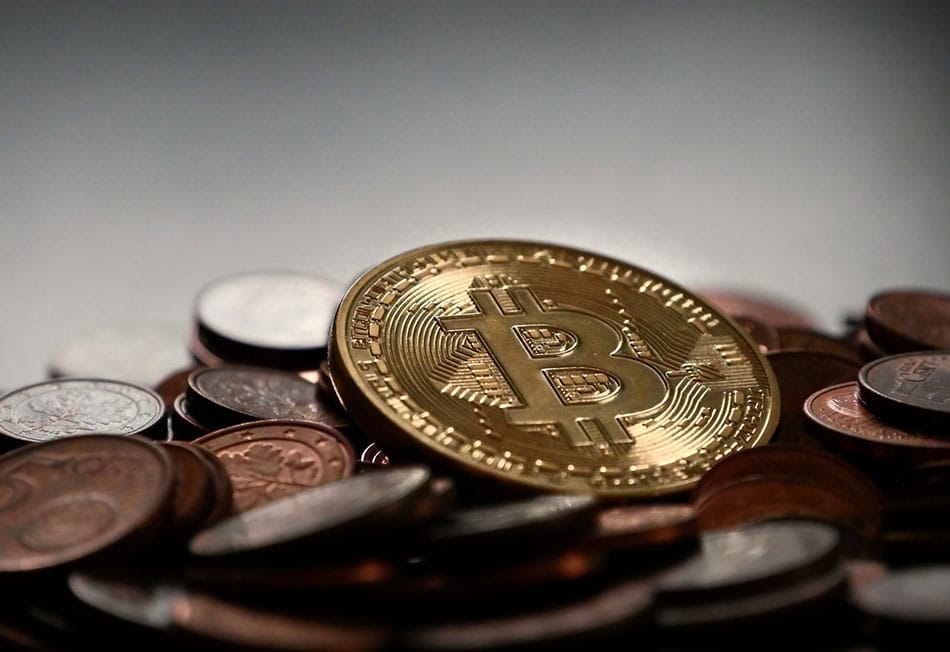Last week the European Parliament met to make several critical decisions regarding new regulations for cryptocurrency service providers.
Many expected that these last-resort talks would influence the EU’s legal framework for cryptocurrencies in the future, mainly where non-fungible tokens (NFTs), the private use of non-hosted wallets, and the environmental impact of Bitcoin mining within the region are concerned.
These talks resulted in a new law titled Markets in Crypto Assets (MICA,) the first-ever comprehensive regulatory framework for digital assets throughout a more significant part of the European continent.
What Happens Now?
Under MiCA, stablecoins like tether and Circle’s USDC must have enough reserves at all times to meet redemption requests in light of events like mass withdrawals.
At the same time, any stablecoin that becomes too large in value will be limited to 200 million euros’ worth of daily transactions.
The European Securities and Markets Authority (ESMA) has been designated the official regulatory agency for cryptos in the EU. ESMA may step in to ban or impose restrictions against crypto platforms that fail to protect investors. It may also impose sanctions on cryptos that threaten market integrity and economic stability.
What Went On During the Crypto Talks?
Among the issues discussed during the talks was the possibility of creating a transfer-of-funds law wherein wallet providers will be required to identify all participants involved in cryptocurrency transactions. This proposal was previously held controversial as it bordered on violating financial privacy laws.
Another concern was how transfers made to and from unhosted wallets could be regulated. The practice is a private way to store crypto assets that regulated service providers do not manage.
According to legislative proponents, the law’s final text upholds the basic principle of verifying each customer’s identity for transparency and legality. However, even they admit that this may not always be possible.
Other topics raised for discussion included defining the exact monetary threshold that would automatically trigger reports on spurious transactions and defining when it is truly necessary to reveal the details of one or both participants in a given transaction.
What About NFTs?
Meanwhile, the trade in NFTs remained a controversial topic during the talks. A broad interpretation of crypto regulations would mean marketplaces like OpenSea would require authorization to operate, thus excluding auction houses that rarely trade in NFTs and gaming platforms.
While the German Blockchain Association’s head sees this negatively, those of the European Crypto Initiative (EUCI) say that market regulations may prevent insider trading. However, simply trying to adapt market rules originally meant for fungible assets to fit NFTs would not be the right way to go about it.















